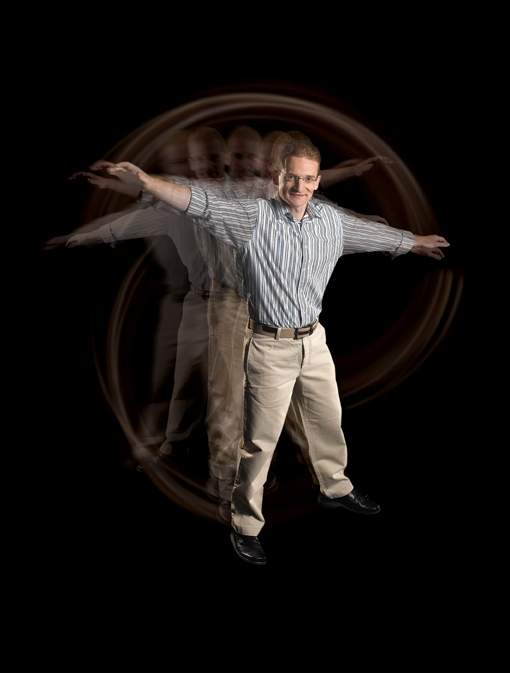Are you a journalist? Please sign up here for our press releases
Subscribe to our monthly newsletter:

Dr. Boris Rybtchinski: "In the future, I hope we'll be smart enough to replace the burning of coal and oil with advanced self-assembling systems that will make the most of solar energy."
Anyone who has purchased a do-it-yourself cabinet might welcome the idea of self-assembly. Self-assembling furniture, unfortunately, is a pipe dream, but microscopic photocells that construct themselves could become the basis of any number of new solar technologies in the future.
Self-assembly – taking stable, strongly light-absorbing organic molecules (such as the pigments in car paint) and combining them with other materials and nanoparticles that are designed to organize themselves into smart, functional systems – will be the key to creating efficient solar devices, according to Dr. Boris Rybtchinski of the Organic Chemistry Department. These could be used, for instance, in "solar paint," which would convert sunlight to energy or fuel, right on a car's surface.
Self-assembling photocells aren't new: Plants have been using them for aeons. But the artificial systems Rybtchinski is creating make use of materials and techniques that nature doesn't have at its disposal: nanoparticles, artificial dyes, electron microscopy and femto-second (a billionth of a billionth of a second) photonics, to name a few.
Rybtchinski and his team design their nanodevices to self-assemble in water. The unique chemistry of water (the basis of all life) strengthens interactions and provides the scientists with tools to direct the assembly process. In this wet environment, the team is developing adaptable systems that can change their function in response to a stimulus. Like many biological molecules, such systems could be multi-functional, capable of rearranging their structure through simple chemical reactions.
Dr. Boris Rybtchinski's research is supported by the Helen and Martin Kimmel Center for Molecular Design; the Robert Rees Applied Research Fund; Sir Harry Djanogly, CBE, UK; Yossie and Dana Hollander, Israel; and Nathan Minzly, UK. Dr. Rybtchinski is the incumbent of the Abraham and Jennie Fialkow Career Development Chair.